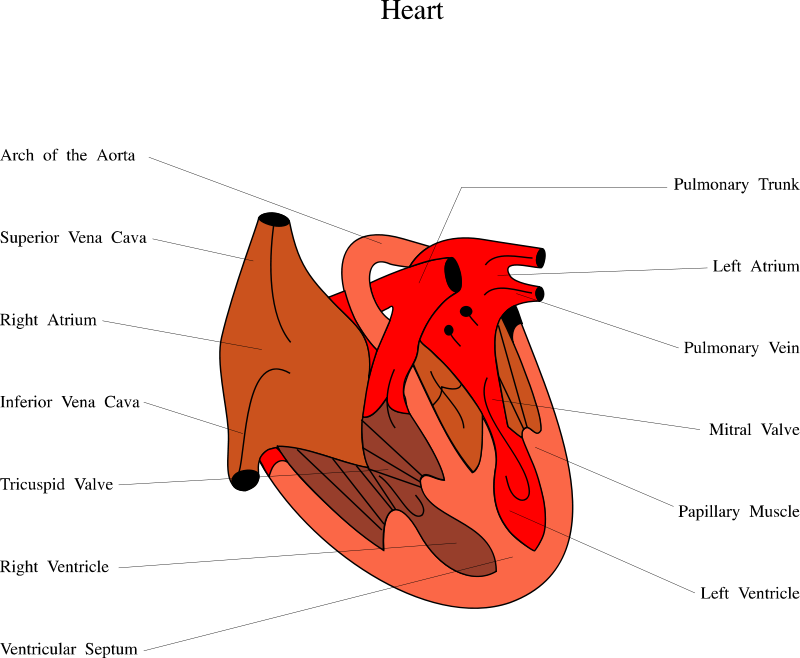Why Did American Healthcare Costs Start Skyrocketing Compared To Those Of Other Advanced Countries Beginning In The Very Early 1980s?
At the very same time this was happening, American longevity gains were falling short to maintain up with peer countries. In resolving these twin enigmas in a recent post, experts recommended two primary factors: The USA really did not impose the very same sorts of federal government price controls on healthcare that countries did, and also we invested much less in social programs that also advertise wellness.
Numerous visitors have considering that commented that it related to the Reagan-era zeitgeist, or raising weight problems. In the intervening weeks, I have talked to a lot more wellness care specialists-- about their concepts as well as those of readers-- and also numerous, while believing the article essentially covered the solutions, used interesting brand-new observations.
The 1980s divergence in health and wellness costs, some viewers and also professionals observed, corresponded with a broad push towards deregulation.
Gary Gaumer, an associate teacher at Simmons http://www.bbc.co.uk/search?q=Heart disease,heart diet,arginine,antioxidants,heart nutrition,heart diet,health and wellness University College of Company, indicated modifications in how healthcare facilities and doctors were paid. Prior to the early 1980s, settlements by Medicare as well as various other insurers were connected to prices. If it cardio cocktail testimonials set you back a healthcare facility, say, $5,000 for a patient's surgical treatment, that's what the hospital was paid, plus a little bit more for affordable revenue.

But then payers (exclusive insurers and also federal government health treatment programs like Medicare) started to change financial risk to service providers like hospitals as well as doctors. It started with a law that started affecting most health centers in 1983, transforming exactly how Medicare paid medical facilities to a set price each go to, no matter the actual expenses. This approach later on infected other Medicare solutions and also other payers, including personal insurance providers. If providers might get prices down, they generated income. If they couldn't, they lost money.
" Healthcare facilities and other providers started to act more like services," Mr. Gaumer said. "And also the culture of healthcare distribution began to alter."
To decrease threat, medical facilities sought earnings every which way, beginning new programs and offering brand-new services-- such as providing brand-new outpatient services that previously involved longer hospital stays. Healthcare organizations ended up being more concerned with expanding in scale to absorb the greater degree of threat, which aided press health treatment investing ever higher.
Moving more duty to the investor-owned exclusive industry appeared to backfire as a cost-control measure, it was regular with more comprehensive deregulation in the 1980s.
" We should see the medical sector as part of the broader gestalt of American culture at the time," claimed John McDonough, professor of Public Health Practice at the Harvard Chan College of Public Health And Wellness. Head of state Carter was "consumed with wide public and personal healthcare price control, as well as Reagan abandoned that, with the exception of Medicare," he claimed.
The 1980s deregulatory agenda appeared in states too. Several abandoned health and wellness care cost and also funding financial investment controls. Handled care-- through health care companies-- was the free-market substitute to federal government guidelines. Investor-owned, shareholder-driven, for-profit companies came to be common in health care for the first time. They focused on revenue and revenue maximization, not set you back control.
"' Greed is great' was even more than a catchy film line-- it was the Me Decade's leading theory," Teacher McDonough stated. "Nothing else innovative democracy embraced deregulated healthcare markets in the method that the United States did. It swept via healthcare as it did each part of the United States economy."
Further descriptions for why the nation dropped behind in health care outcomes, beginning in the 1980s, are more difficult to come by. Mr. McDonough directed to the direct-to-consumer advertising of prescription medicines that began in the years. And also the first indicators of the weight problems epidemic began to appear, but inadequate to explain that years's remarkable expense surge.
Stuart Butler, a senior other in economic research studies at the Brookings Establishment, included that underfunding of social solutions family member to healthcare most likely played a substantial function in both healthcare investing and outcomes. "I want to see even more testing with investments in nonmedical fields we understand likewise affect health," he stated, "but we'll need to track these meticulously to locate what actually pays off." These consist of real estate and education and learning, for instance.
Gail Wilensky, senior other at Job HOPE, an international health structure, as well as previous supervisor of the Medicare and Medicaid programs under President George H.W. Bush, agreed that the United States spends excessive on healthcare and also inadequate on various other social services. Guns and also immoral medicines additionally add to passings. She pointed to one confident example. "The UNITED STATE was unusually successful in cigarette smoking cessation, loved one to various other countries," she stated. "If we could reproduce that success in various other locations, like excessive weight decrease, we could shut the void in healthcare outcomes."
She said there are other hopeful lessons from background. American health and wellness spending drew away from that of other countries over the decades in large part due to a growth of programs like Medicare and also Medicaid, without the type of brakes on prices as well as technology fostering that various other nations placed in area.
However wellness costs growth loved one to G.D.P. held steady in the 1990s. "That's partially due to a solid economic situation," she claimed. "Yet we likewise put some brakes on Medicare in that decade. Additionally, handled care slowed down development in the economic sector."
If we did it then, we might do it once more, she added.